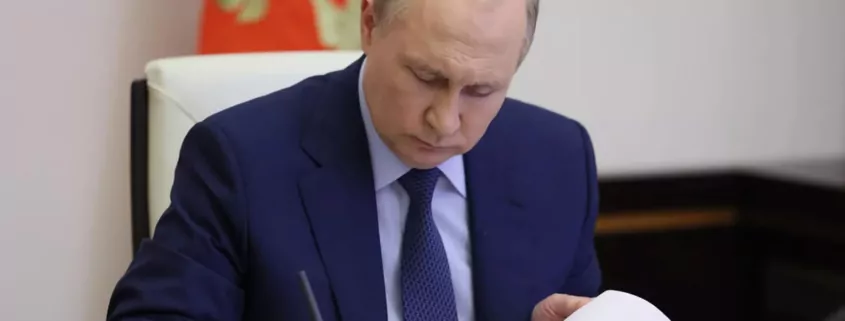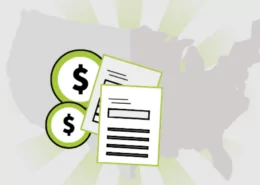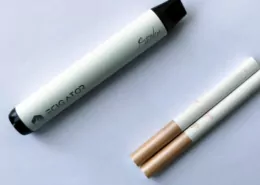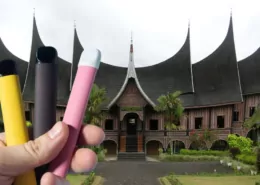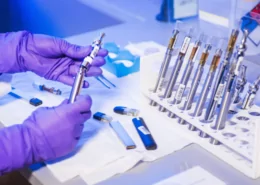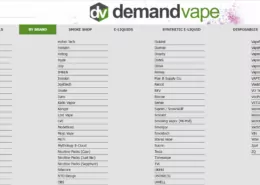Russia Vape Sales to Minors Now Fines Up to 2M Rubles
Russian President Vladimir Putin enacted legislation on February 3 significantly increasing fines for selling tobacco, vapes, and hookahs to minors. The updated penalties now reach 2 million rubles for businesses, with stricter enforcement targeting nicotine product accessibility among youth. Published on Russia’s official legal portal, the law revises Article 14.53 of the Administrative Offenses Code to address rising teen vaping rates.
Revised Penalty Structure for Nicotine Sales
The law introduces tiered fines based on offender categories:
- Individuals: 200,000–300,000 rubles
- Officials: 500,000–700,000 rubles
- Businesses: 1.5–2 million rubles
Additional penalties apply for violating retail rules:
- Individuals: 10,000–20,000 rubles
- Officials: 30,000–50,000 rubles
- Businesses: 90,000–120,000 rubles
Repeat offenses incur extra fines of 10,000–30,000 rubles. The regulations cover all nicotine-containing products, including e-cigarettes, hookahs, and related consumables.
Health Ministry Backs Crackdown Amid Teen Vaping Surge
The Russian Ministry of Health endorsed the stricter measures, citing a 30% increase in adolescent vaping since 2021. Deputy Health Minister Alexey Kuznetsov stated: “Vapes have become a gateway to nicotine addiction for minors. This law aligns with our broader anti-smoking strategy.”
The legislation follows a January 21 State Duma vote approving the bill in its final reading. Health advocates argue lax enforcement previously allowed retailers to bypass age verification protocols, enabling widespread underage access.
Industry Reactions and Enforcement Challenges
Small business associations express concerns over compliance costs. Ivan Petrov, head of the Moscow Retail Alliance, notes: “Many shops lack automated ID scanners. Fines this steep could bankrupt smaller vendors.”
Meanwhile, public health experts emphasize enforcement consistency. Dr. Elena Smirnova, a pediatric pulmonologist, warns: “Without nationwide inspections and vendor training, the law risks becoming symbolic.”

